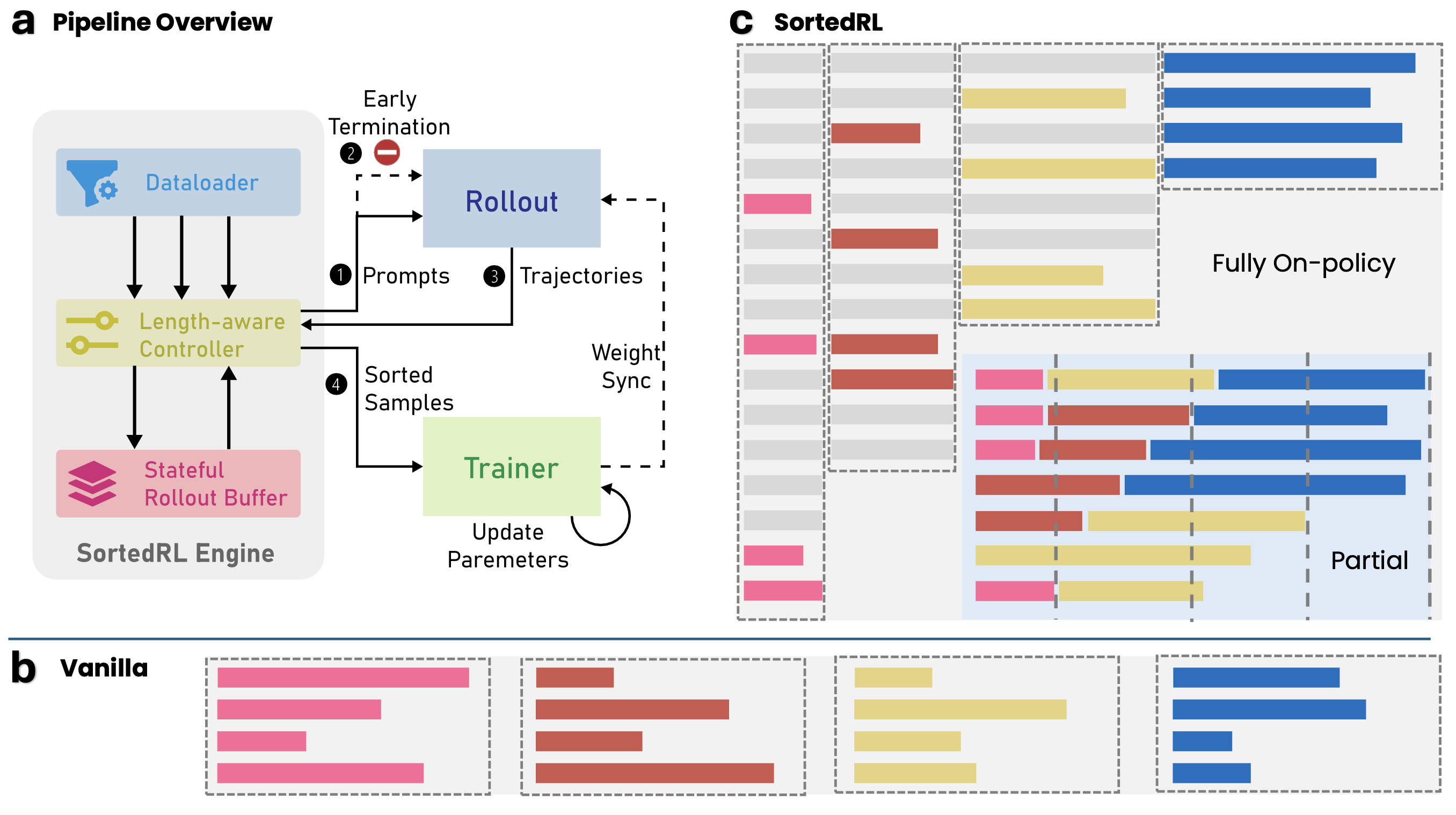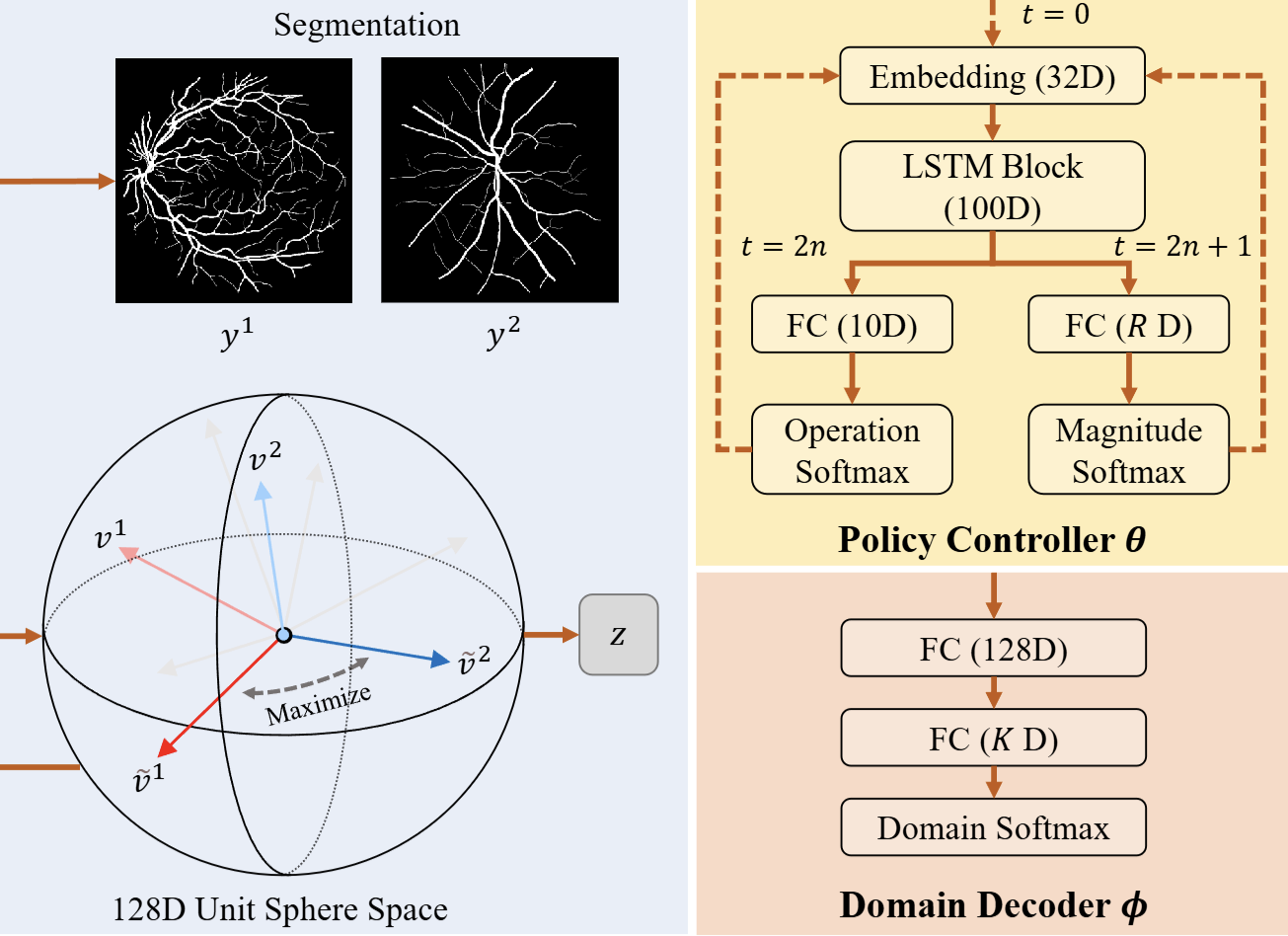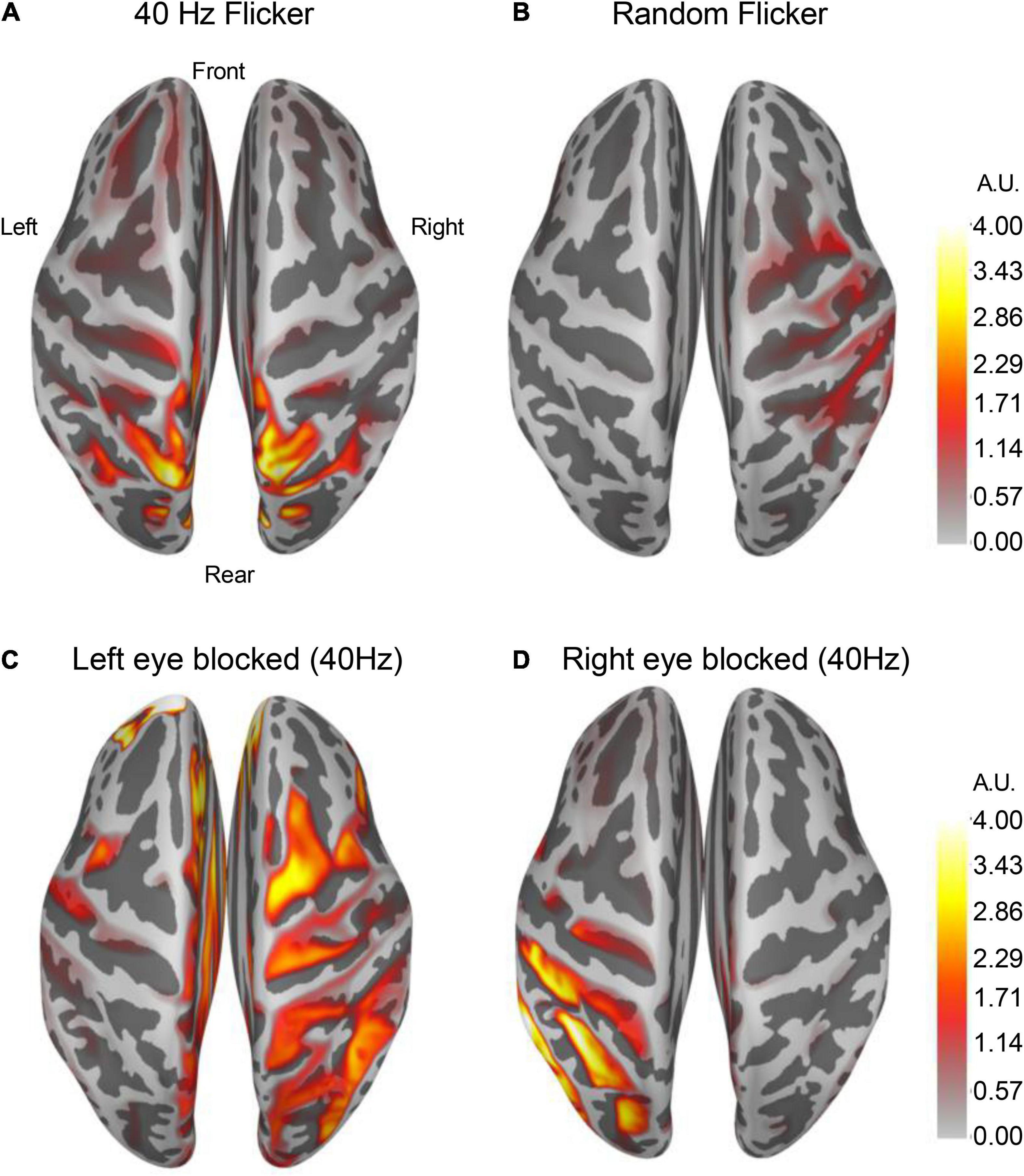Yiqi "Viscent" Zhang. (张懿麒)
A non-typical geek.
From neurons to neural networks.
From microscopes to supercomputers.
The future awaits.
From neurons to neural networks.
From microscopes to supercomputers.
The future awaits.


I am a PhD candidate at HPC-AI Lab in National University of Singapore, currently focusing in high-performance machine learning systems.
Meanwhile, I have 4 years of experience in Neuroscience. Details are available in my CV.
My expertise include but not limited to below:The lab mainly focuses on ischemic stroke and Alzheimer’s disease, their mechanism and treatment using MCAO and APP/PS1 mouse model. During the research, I conducted various types of experiments, including electrophysiological data acquisition and analysis (LFP/EEG), immunohistochemistry assay, animal behavioural experiments and cell experiments. The skills and experience gained from both physiological and molecular experiments make me ready for a variety of challenges in wet lab. Apart routine biological works in wet lab, I also developed various stimulation delivery devices from whisker stimulator to rhythmic light flicker with synchronization capability to psychology software.
The project I led, 40 Hz light flicker alters human brain EEG microstates and complexity with implications in brain diseases (Yiqi Zhang et al., 2021), is published on Frontiers in Neuroscience. We investigated the EEG features including microstates and connectivity on 20 healthy young adults exposed to 40 Hz flicker and reported unprecedented findings on the EEG microstate complexity.


The 38th Annual Conference on Neural Information Processing Systems

IEEE Transactions on Medical Imaging

Frontiers in Neuroscience